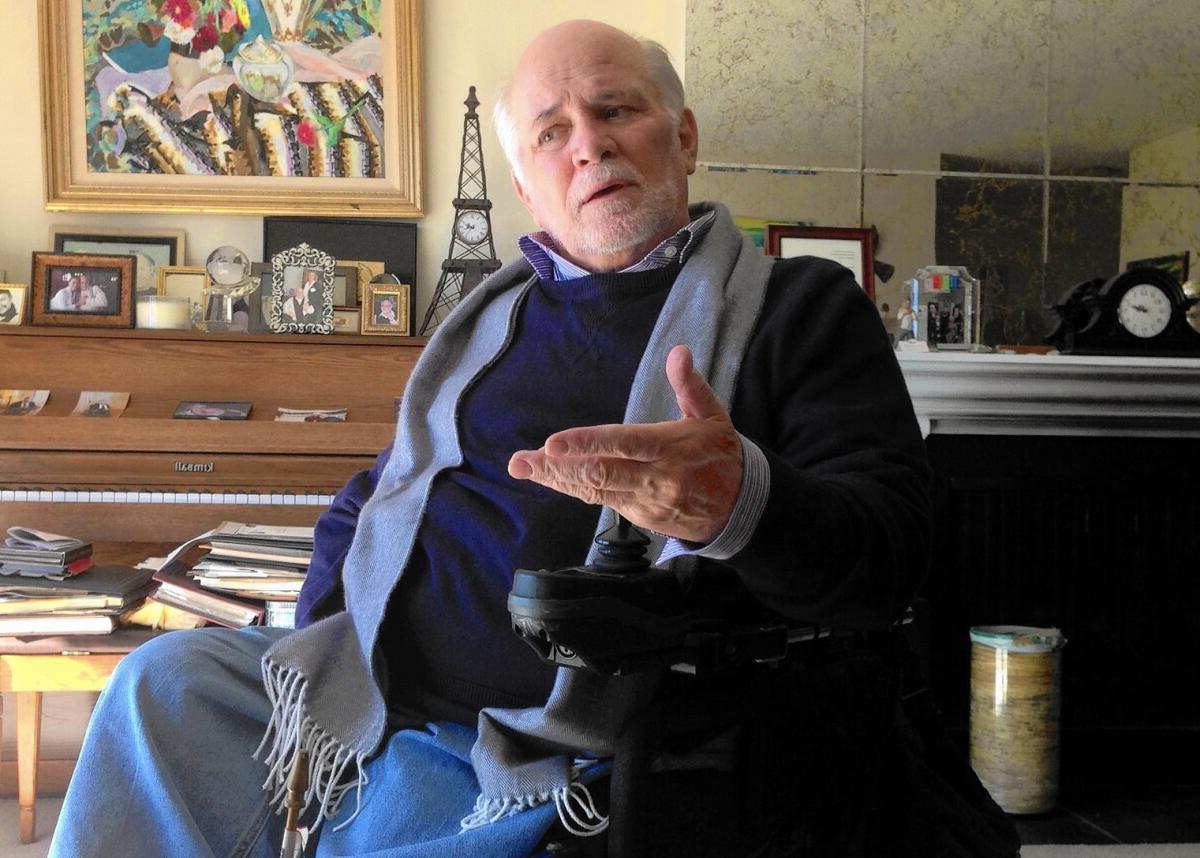
Cult leaders have always fascinated and terrified people in equal measure. These enigmatic figures often possess a magnetic charm that draws followers into their web of influence. But what makes someone a cult leader? Charisma, manipulation, and a knack for exploiting vulnerabilities are just a few traits. From the infamous Charles Manson to the mysterious Jim Jones, history is littered with individuals who have led their followers down dark paths. Understanding these leaders can offer insights into human psychology and the power of persuasion. Ready to dive into the world of cult leaders? Here are 35 facts that will shed light on these compelling yet dangerous figures.
Key Takeaways:
- Cult leaders use charisma, manipulation, and isolation to control their followers, leading to devastating impacts like loss of identity, emotional manipulation, and financial ruin.
- Historical and modern cult leaders have faced legal and social consequences, including criminal charges, media scrutiny, civil lawsuits, and social stigma.
What Defines a Cult Leader?
Cult leaders are often enigmatic figures who wield immense influence over their followers. They can be charismatic, manipulative, and sometimes dangerous. Here are some fascinating facts about these controversial individuals.
-
Charismatic Personality: Cult leaders often possess a magnetic charm that draws people in. Their charisma makes followers feel special and understood.
-
Manipulative Tactics: They use psychological manipulation to control their followers. This can include love-bombing, gaslighting, and isolation from family and friends.
-
Grandiose Claims: Many cult leaders claim to have special knowledge or divine insight. These assertions can make followers believe they are part of something extraordinary.
-
Isolation of Followers: Cult leaders often isolate their followers from the outside world. This makes it easier to control information and maintain influence.
-
Financial Exploitation: Followers are frequently encouraged to donate money or possessions. This can lead to financial ruin for many members.
Historical Cult Leaders
Throughout history, several cult leaders have made headlines for their extreme beliefs and actions. Here are some notable examples.
-
Jim Jones: Leader of the Peoples Temple, Jones orchestrated the mass suicide of over 900 followers in Jonestown, Guyana in 1978.
-
David Koresh: Head of the Branch Davidians, Koresh led his followers into a deadly standoff with the FBI in Waco, Texas in 1993.
-
Charles Manson: Manson led the Manson Family, a cult responsible for a series of brutal murders in the late 1960s.
-
Marshall Applewhite: Co-founder of Heaven's Gate, Applewhite convinced 39 followers to commit suicide in 1997, believing they would ascend to a spaceship.
-
Shoko Asahara: Leader of Aum Shinrikyo, Asahara orchestrated the 1995 Tokyo subway sarin attack, killing 13 and injuring thousands.
Psychological Traits of Cult Leaders
Understanding the psychological makeup of cult leaders can provide insight into their behavior and methods. Here are some common traits.
-
Narcissism: Many cult leaders exhibit extreme narcissism, believing they are superior to others.
-
Lack of Empathy: They often show little to no empathy for their followers, viewing them as tools for their own gain.
-
Paranoia: Cult leaders can be highly paranoid, believing that outsiders are constantly trying to undermine them.
-
Authoritarianism: They demand absolute obedience and often punish dissent harshly.
-
Delusions of Grandeur: Many believe they are chosen by a higher power or possess unique abilities.
Recruitment Techniques
Cult leaders use various methods to attract and retain followers. These techniques can be subtle or overtly coercive.
-
Love-Bombing: New recruits are showered with affection and attention, making them feel valued and accepted.
-
Promises of Enlightenment: Leaders often promise spiritual or personal enlightenment, appealing to those seeking meaning in their lives.
-
Exclusivity: Cults often present themselves as exclusive groups, making followers feel special and chosen.
-
Fear and Intimidation: Some leaders use fear tactics to keep followers in line, threatening them with dire consequences for leaving.
-
Peer Pressure: Existing members are encouraged to recruit friends and family, creating a sense of community and belonging.
Impact on Followers
The influence of cult leaders can have profound and often devastating effects on their followers. Here are some of the impacts.
-
Loss of Identity: Followers often lose their sense of self, adopting the beliefs and behaviors dictated by the leader.
-
Emotional Manipulation: Constant emotional manipulation can lead to mental health issues like anxiety and depression.
-
Family Estrangement: Many followers become estranged from their families, who may not understand or support their involvement in the cult.
-
Financial Ruin: Followers may give up their savings, homes, and possessions, leaving them financially destitute.
-
Physical Harm: In extreme cases, followers may be subjected to physical abuse or encouraged to harm themselves or others.
Legal and Social Consequences
Cult leaders often face legal and social repercussions for their actions. Here are some examples.
-
Criminal Charges: Many cult leaders are eventually charged with crimes ranging from fraud to murder.
-
Media Scrutiny: High-profile cults often attract significant media attention, leading to public outrage and scrutiny.
-
Civil Lawsuits: Victims and their families may file civil lawsuits seeking compensation for damages caused by the cult.
-
Government Intervention: Authorities may intervene to dismantle cults and protect vulnerable individuals.
-
Social Stigma: Former followers often face social stigma and difficulty reintegrating into society.
Modern-Day Cult Leaders
Even today, new cult leaders continue to emerge, adapting their methods to the digital age. Here are some contemporary examples.
-
Keith Raniere: Founder of NXIVM, Raniere was convicted of multiple crimes, including sex trafficking and racketeering, in 2019.
-
Warren Jeffs: Leader of the Fundamentalist Church of Jesus Christ of Latter-Day Saints, Jeffs is serving a life sentence for child sexual assault.
-
Serge Benhayon: Founder of Universal Medicine, Benhayon has faced accusations of running a cult and exploiting followers.
-
Bentinho Massaro: A self-proclaimed spiritual teacher, Massaro has been accused of cult-like behavior and manipulation.
-
Teal Swan: A controversial figure in the self-help community, Swan has been criticized for her unconventional methods and alleged cult-like following.
Final Thoughts on Cult Leaders
Cult leaders have always fascinated and terrified people. Their ability to manipulate, control, and inspire followers often leads to tragic outcomes. Understanding the psychological tactics they use, such as charisma, isolation, and indoctrination, can help us recognize and avoid these dangerous figures. Many cult leaders share common traits like narcissism, grandiosity, and a need for power. They often exploit vulnerable individuals seeking belonging or purpose. By learning about these leaders, we can better protect ourselves and others from falling into their traps. Remember, knowledge is power. Stay informed, stay vigilant, and always question those who demand blind loyalty.
Frequently Asked Questions
Was this page helpful?
Our commitment to delivering trustworthy and engaging content is at the heart of what we do. Each fact on our site is contributed by real users like you, bringing a wealth of diverse insights and information. To ensure the highest standards of accuracy and reliability, our dedicated editors meticulously review each submission. This process guarantees that the facts we share are not only fascinating but also credible. Trust in our commitment to quality and authenticity as you explore and learn with us.


